A Walk in the Vale of Cashmere and the Portals of Prospect Park with Marlon James
“New York’s grime is sexier than everybody else’s grime.”
“After years of grinding in the entertainment industry, one thing people who work behind the camera hate doing is being in front of it.”
I’m trying to pose Marlon James by the recently restored Endale Arch in Prospect Park. Built over 150 years ago, the arch was viewed by creators Frederick Law Olmsted and Calvert Vaux as a “transporting entrance from the urban hubbub of Grand Army Plaza to the pastoral tranquility of the mile-long Long Meadow.”
It is James’ first time in Prospect Park, despite having a long history with New York City. He admires the cyclists who whizz by us on East Drive, mentioning that he should bring his racing bike here for a ride.
“Don’t put me in direct sunlight. Have you ever photographed a Black person before?”
We walk deeper into the park, down to an abandoned fountain nicknamed the Vale of Cashmere, where families used to bring their children to play with toy boats and escape from the summer heat.
After stopping to watch a model—inexplicably dressed in the garb of a warrior—jump repeatedly off of the balustrade as a photographer snaps their photo, Marlon and I climb some stairs up into the park’s forgotten Rose Garden. Here we find more pools empty of water.
I’ve heard that Lev Grossman was inspired by these deserted fountains when he wrote The Magicians Trilogy. Portals in the Neitherlands to other worlds and universes. Much in the way Olmsted and Vaux saw Endale Arch as a portal into Prospect Park.
A nearby blossoming tree is covered in bees, which fill the air with their boisterous, communal hum. It seems a fitting place to stroll around with Marlon James and talk about what portal he is going to leap into next.
Isaac: What do you love about New York?
Marlon James: I’ve lived in New York for three years, but I’ve been trying to move to New York for twenty years. I first saw New York in December 1999. I was staying in the Bronx. There is—I think for a lot of people, even before they come to the city—there is the New York of the imagination. Even the noise, even the grime, even the crime, it is still attractive. New York’s grime is sexier than everybody else’s grime. New York’s crime rap sheet is sexier than everybody else’s crime rap sheet.
You buy into an idea of New York. I bought into the New York of Sex and the City. I bought into the New York of Grace Jones’s “The Apple Stretching.” The romance. The New York of movies and television, which, funnily enough, was usually Vancouver, where they were shooting. Which means technically I fell in love with Vancouver. But the New York of Different Strokes, or the New York of Living Single, or hell even the New York of Friends, which don’t fucking exist.
So the first time I came here to visit I was 29. And for the next twenty years I visited as often as I could. Getting to know the real New York, not the New York of my imagination.
I: Where does your love for science fiction and fantasy come from? Did you grow up reading genre?
MJ: I did grow up reading genre. I grew up in a country with good libraries, but I grew up outside of the city in Jamaica in the ‘70s. It wasn’t like there were a ton of new books around. There weren’t a lot of opportunities for new books. So for me, the only criteria I needed for a book was that it was the next book. You understand? I’d read anything. As long as it was a book and I could have it, I’d read it. Including shit nobody needs to read, like manuals. I know all types of shit I don’t need to know—like the rules around plate settings because I read all those Miss Manners/Judith Martin books. I’d read anything.
But it wasn’t all trash. I was lucky that somebody older than me had culture. So they could toss off A Severed Head by Iris Murdoch. But there was also Sherwood Anderson. Or The Executioner series. So I read all those books too. One-man vigilantes stopping Communism or whatever. I read Hollywood Wives by Jackie Collins, which is still one of my favorite-ever novels. I read all of the James Clavell novels—Shogun, King Rat, Tai-Pan, Whirlwind, Noble House. I read all of them. And these books made me feel fucking smart, because they were huge. And I’m eleven, reading these thousand page novels, so in my mind I was a genius.
Of course I’m reading Great Expectations and literature books too. But because I was in a situation where you grab any book you could, I simply didn’t develop a snobbier attitude about books. And I still don’t understand that attitude. And I see the price we pay for it. It’s why white writers are so often scrambling around trying to figure out how to write The Other. Well, if you read crime fiction you wouldn’t have this problem. It’s a question I always shoot back, when we talk about cultural appropriation and how you write certain things, I’m like, “how come we don’t have this problem with the crime writers?”
I: And why do you think that is?
MJ: Because the crime writers do the work and they do the research. Katherine Boo’s not a crime writer, she writes nonfiction, but her book Behind the Beautiful Forevers is to me the gold standard on how to write about something that’s not about you. And part of the reason why it’s the gold standard is because she was far more interested in getting it accurate than getting the feeling. And most people do the reverse. And I’m like, “Your feelings are not a sign of authenticity. Your feelings are just your damn feelings.” It’s why we have so many terrible books being written by people who mean well. They aren’t willing to do the work.
But the really good crime writers, and to a lesser extent, but still in very profound ways, the really good science fiction writers, the extremely good historical writers, they all get it. Richard Price does the work. George Pelecanos does the work.
I: Who are some of your favorite fantasy writers?
MJ: Gene Wolfe. Brandon Sanderson. Sofia Samatar is the queen. My fantasy students told me to read The Poppy War by R. F. Kuang, which I’m going to get into. P. Djèlí Clark is fantastic. He wrote The Secret Lives of the Nine Negro Teeth of George Washington. N. K. Jemisin is the queen.
I: In your Dark Star Trilogy, but also with A Brief History of Seven Killings, there’s a lot of violence, a lot of sex — a lot of physicality in the writing. What is it about writing violence and sex that interests you?
MJ: I think writing both sex and violence is actually pretty similar, even in terms of the level of outrage different cultures have for them. Who said it? I believe it was Mailer, either Mailer or Brando who said something along the lines of, “In American letters if you chop off a tit you get an R rating, but if you kiss it you get an X rating.” [Editor’s note: I could not find this quote.] Or something like that. It seems like such a Mailer thing to say.
The problem I find is people enter those fields with binary thinking. Americans are so binary, I doubt if many of them can count to three. So, to come back to writing sex and violence, you either have people who oversell it, which is fine if you’re writing erotica, or they undersell it and you have what I call “indie rock sex.” Where, as a reader, you wonder, “Why are they even in bed?” It’s dreary, it’s boring, there’s absolutely no pleasure. It’s so coldly compulsive. You might as well grab two fishes and slap them together.
But I assume—so long as there’s consent—by and large we enjoy sex. It’s that old cliché, “Sex is like pizza—even when it’s not good it’s still pretty good.” I would assume most of us are enjoying sex. So why is nobody enjoying sex in fiction? And what are the things about sex that make you enjoy it? You can’t write about that without being explicit about it. The things that you enjoy about sex you can’t spin away from in allegory. Or allusion. Because they just sound stupid. You have to be specific. If a character is digging that someone is working their tongue on her clitoris really, really good, then say it. Because there is a mystery to sex, but the idea that we should leave it mysterious in writing always sounds like a copout to me.
People often confuse the difference between “plain” and “clear.” I think plain is sometimes rendering it as sort of dissociated, as sort of cold and clinical as possible. Whereas clear is being very open about what is happening. And I am interested in that. And I am interested in it explicitly.
The same thing with violence. Something that is similar between the two, sex and violence, both come with consequences. And often writers forget that. Here’s the thing, I don’t think I write a lot of violence.
I: Really?
MJ: I really don’t. More violence happens in the first five minutes of John Wick than in my entire catalogue. But my books are viewed as violent. And the difference is, in American culture, even in literature, we have separated the violence from the suffering. From the consequences. If I shoot you in the belly it is going to hurt. You are going to die and you are going to die very slowly and very painfully. We as a culture have mastered the art of bloodless violence. When I write violence I include the suffering, and there is also resonance. And I think that’s the difference.
I’ll use Led Zepplin as an example. Led Zeppelin is the gold standard of hard rock. Yet almost every Led Zeppelin album is fifty to sixty percent acoustic.
I: No shit?
MJ: Yeah. For anybody else that’s a folk album with some rowdy moments. Led Zeppelin IV is half acoustic. “Going to California.” Half of “Stairway to Heaven.” “The Battle Evermore.” Those three songs alone are half of the record. But, the loud moments resonate for so long even after they’re done, that it gives you the sense of a hard rock record. The same thing with a Rolling Stones album like Sticky Fingers. That album is sixty percent ballads.
But what we’re talking about is resonance and assonance. I don’t write violence a lot, but when I do those scenes resonate and they echo. And that’s what people carry away from it. And they should. You don’t bounce back from seeing someone get shot in the street and then say, “Oh, I’m going to go have a cookie today.” You do not bounce back from it. And I am very interested in that. I’m more interested in the resonance of violence than violence itself.
I: You came out of the closet in an essay for the New York Times in 2015 at the age of 44. Did that change your experience as an author in any way? Has your life improved?
MJ: Yes to both questions. Yes my experience an author has changed and yes my life has improved. It’s interesting walking into a room without baggage. I don’t feel like I have to negotiate every room I enter now. Because before the piece was published, I wasn’t totally in the closet, but I was in a glass closet. Where those who knew knew, but those who didn’t I rarely told. And that’s just exhausting. And as for my writing—as a reader I try very hard not to read the author in the work—but I do think there is an openness and experimentation and even a sort of playfulness in my prose that wasn’t there before. And the first time I really picked up on it was in the second half of A Brief History of Seven Killings, when the characters move to New York.
I think I do move through the world differently, because it’s not something I have in the back of my head. Who can I be open with? Who do I have to hide this from? And I think that’s one of the reasons I published that piece in the New York Times. In such a huge forum. One and done, yeah? I was so sick of worrying about all that.
I: We’re a few years out from you winning the Booker Prize. How did that feel? Would you say it changed things for you?
MJ: It felt great. It felt fantastic. Winning a prize sure beats not winning a prize. And listen, I was talking with someone only a couple days ago, because they were asking how I felt about winning the Booker with the award’s tainted history. They were asking how did I feel about taking tainted money. And I was like, “You’re damn right it’s tainted, in that it tain’t enough.” You’re gonna tell somebody who came from a slave economy not to take sugar money? Where the fuck do you think that money came from? That’s like saying if the Tate offered me a fellowship I wouldn’t take it. Of course I’d take it. Where do you think they got their money from? I’m just taking that shit back. You’re damn right I’m taking it.
So winning the Booker gave me a lot more opportunities, but it also put me under a lot more scrutiny. When you receive that level of attention, you will of course attract people who are wanting to trash you just for the sake of trashing you. You think it’s a myth until it happens to you. But that’s a small price to pay. It’s great to know that people are reading your books. It’s great to get translated into different languages. And for me, none of that would have happened without the Booker. And that’s something those prizes can do. They don’t always do, but they can highlight a writer who otherwise wouldn’t have gotten very much attention. And that’s the type of author I was. So it did change everything.
I: Were you able to get work done the past year?
MJ: Work is pretty much all I got done. I don’t know if it’s because I was writing a fantasy novel, but the opportunity to spend the bulk of the day not in this world was pretty much my salvation. It got me through. Any novel is transporting you to a world that’s not yours, unless you’re writing auto-fiction and even then I think you’re still transported. But it helps that I’m writing about a one-hundred-and-seventy-year-old Black woman who has absolutely zero fucks to give. Being able to transport myself into this world took me out of the present one, for bits of time at least. Because it wasn’t like I was checked out. Nobody could check out from Covid. But writing is what made it bearable for me. Because I was so furious when I would focus on the real world. 500,000 dead, 495,000 of whom didn’t have to die. I was furious. So working on the book is what got me through.
I: Do you have anything that you’re looking forward to doing now that things are opening back up?
MJ: You know, I moved to New York City in 2018. In 2019 I was busy promoting a book. Then the pandemic. So I still want to explore New York. It’s very easy to move here and just find your pocket: where you live, where you work, and that’s it. Now it’s time for me to explore this city. Like we’re doing now, with this walk. Or, for example, I was at a Palenstinian restaurant a few days ago that I’d never heard of before. Qanoon on West 21st Street and 9th Avenue. Phenomenal food. An incredible meal. So that’s what I’m excited about. Discovering what I heard this city has to offer me. It’s really that simple.
By now Marlon and I are back at his writing studio. We split some chicken and rice while we try to cool down. After a few glasses of water I get up to leave. We hug each other, and briefly kiss.
“The only straight man I kiss on the lips,” Marlon smiles.
It’s a tradition we started years ago, but one that we haven’t been able to do in over a year. It feels good to kiss a friend.




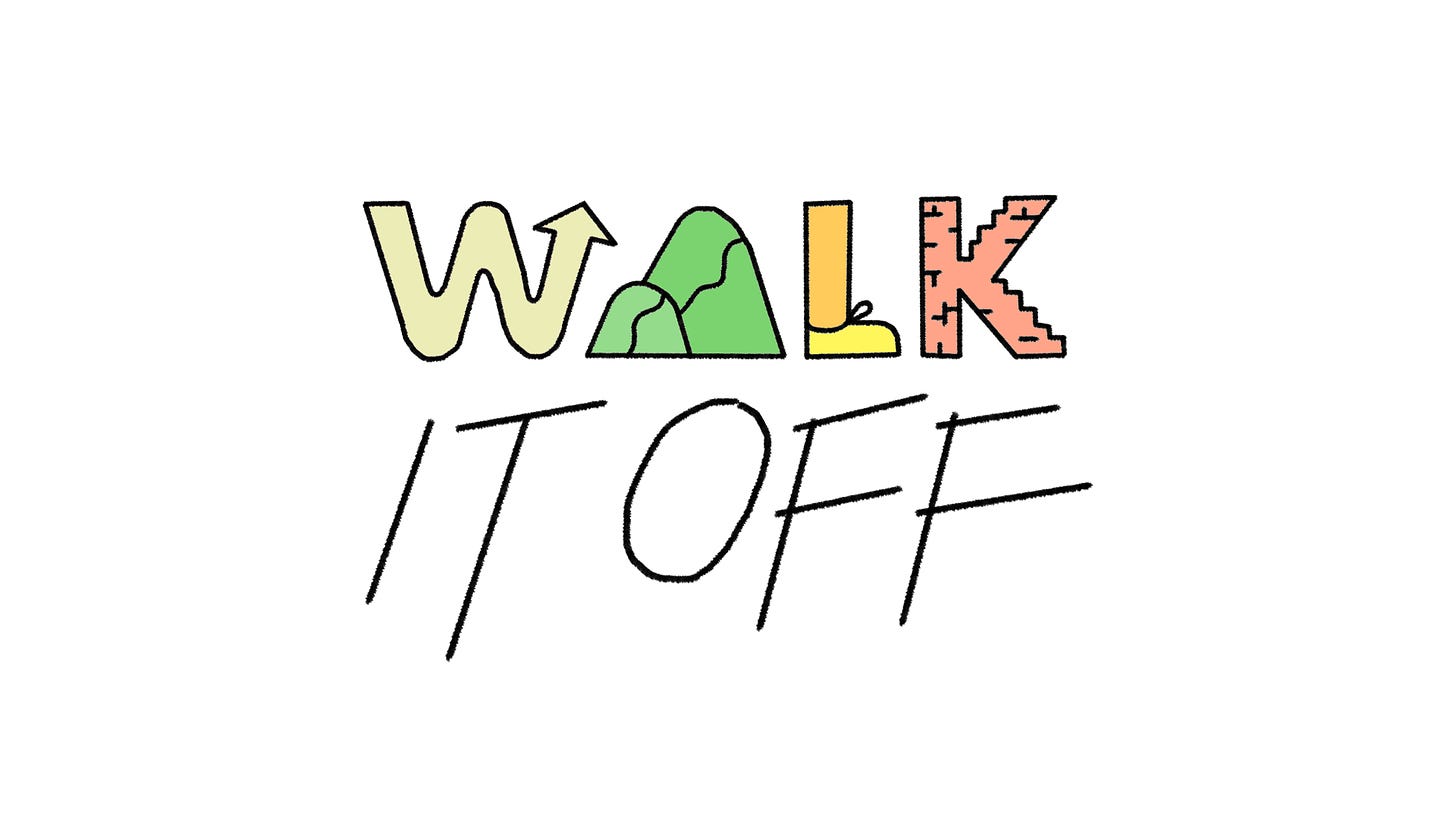

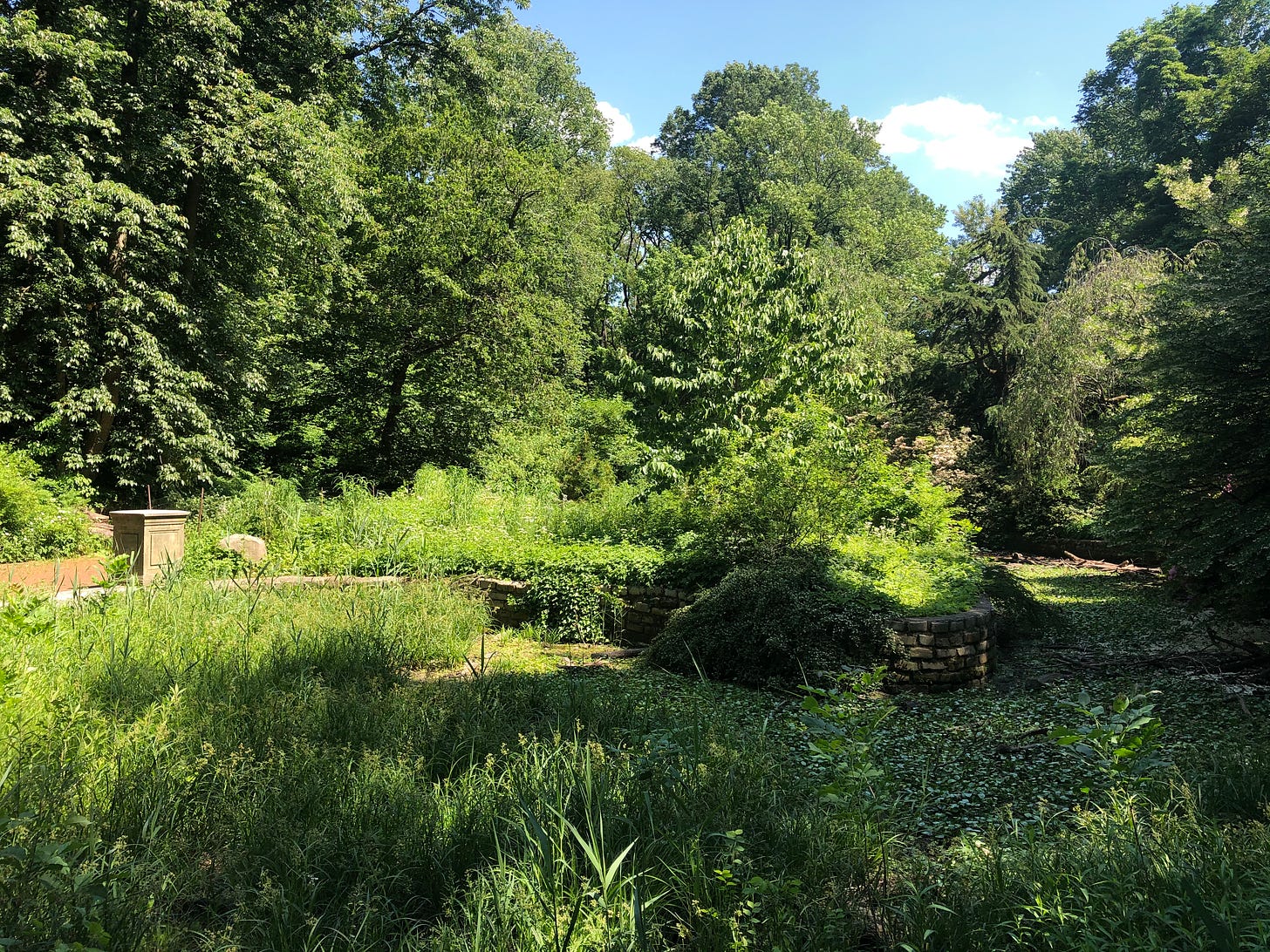

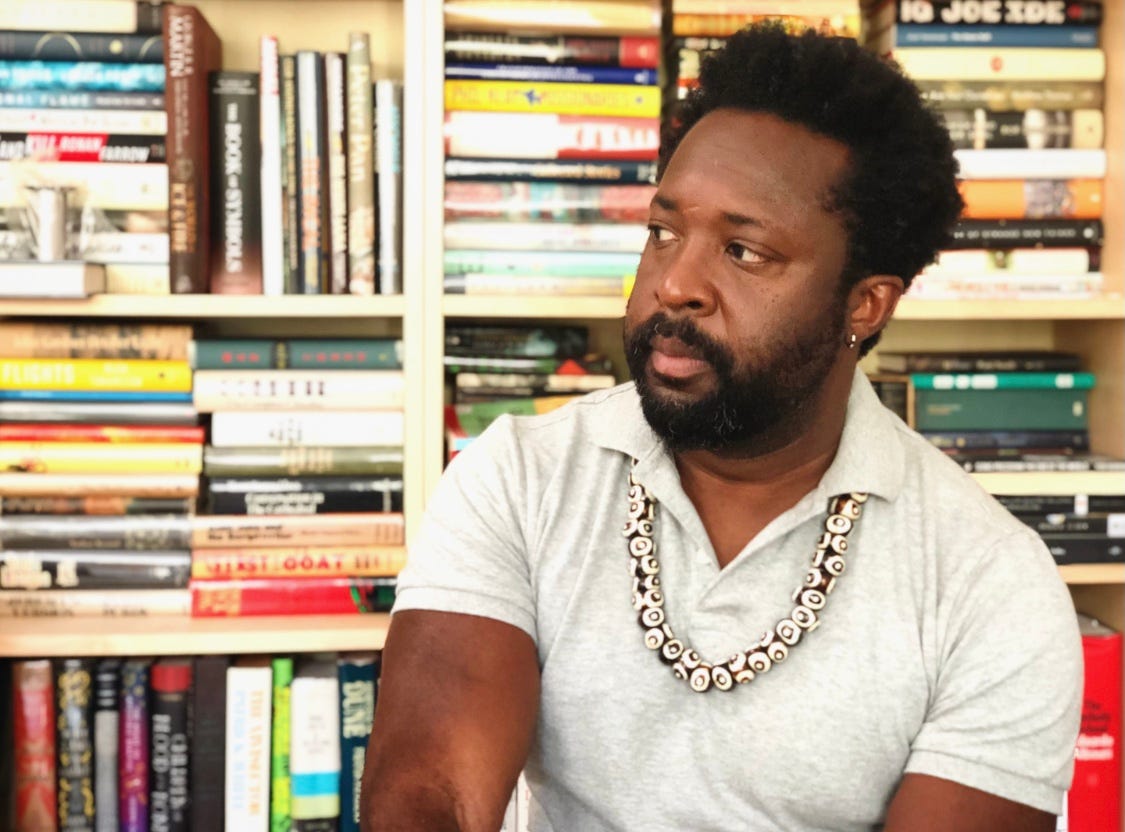
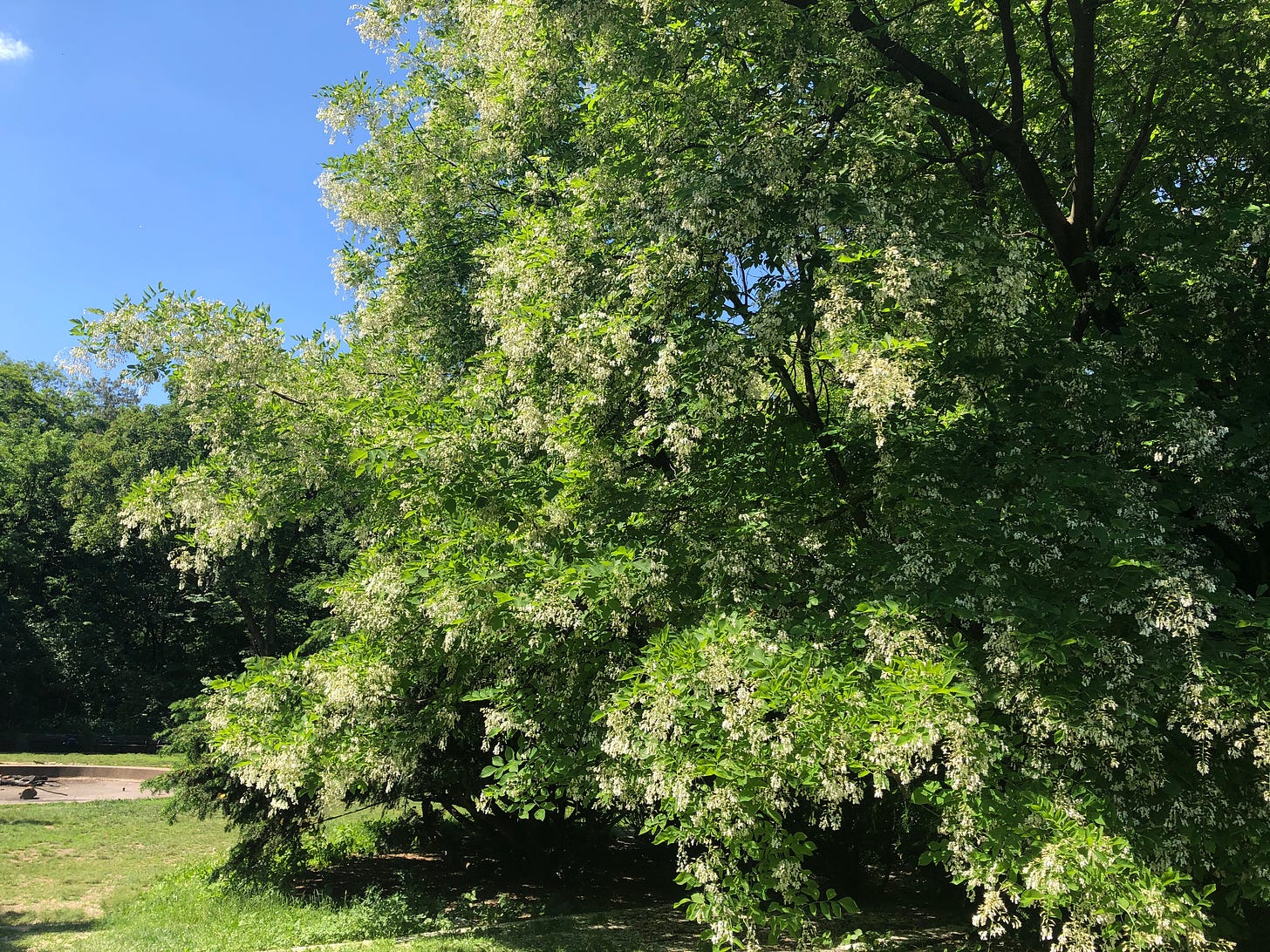
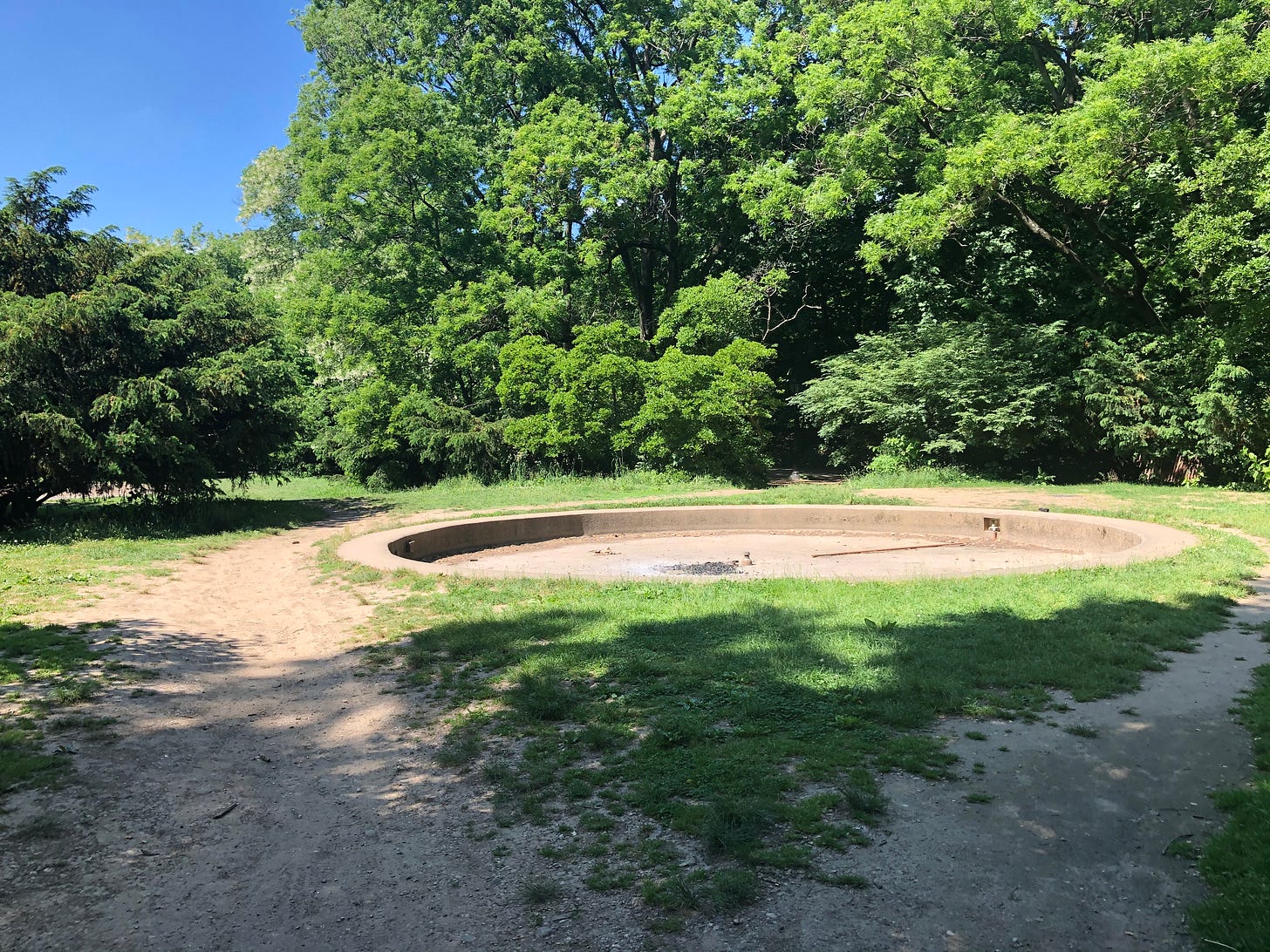
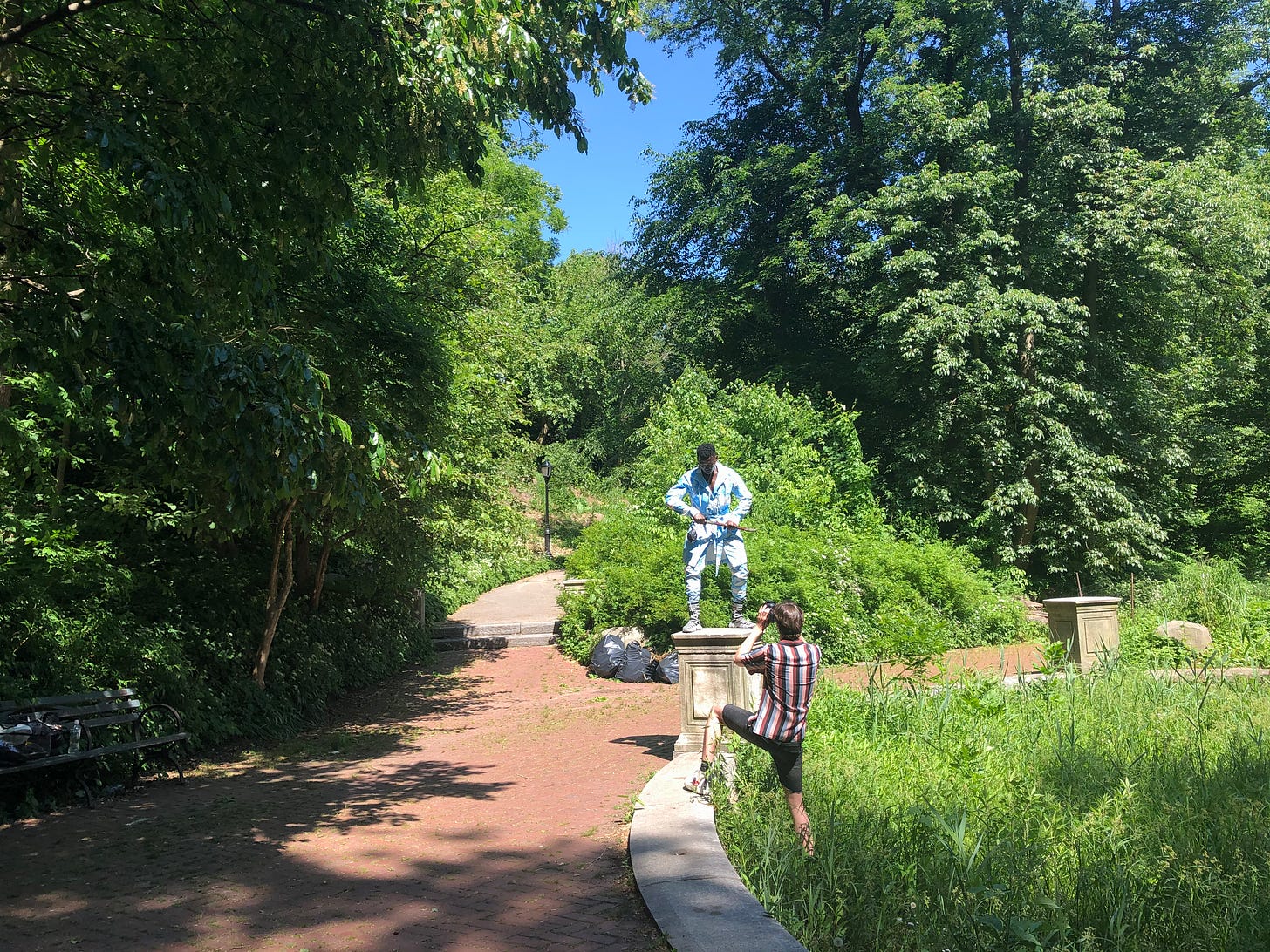
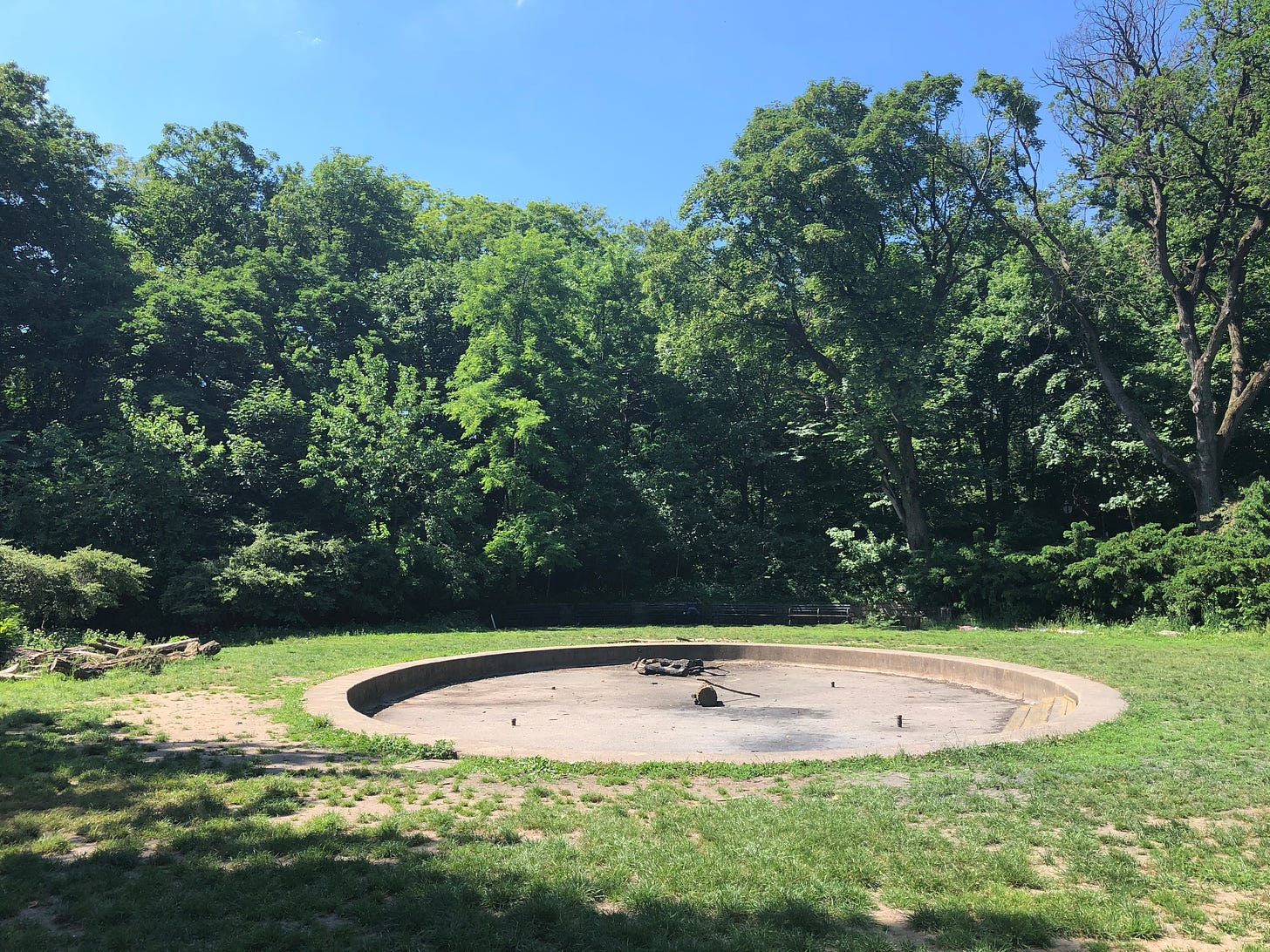

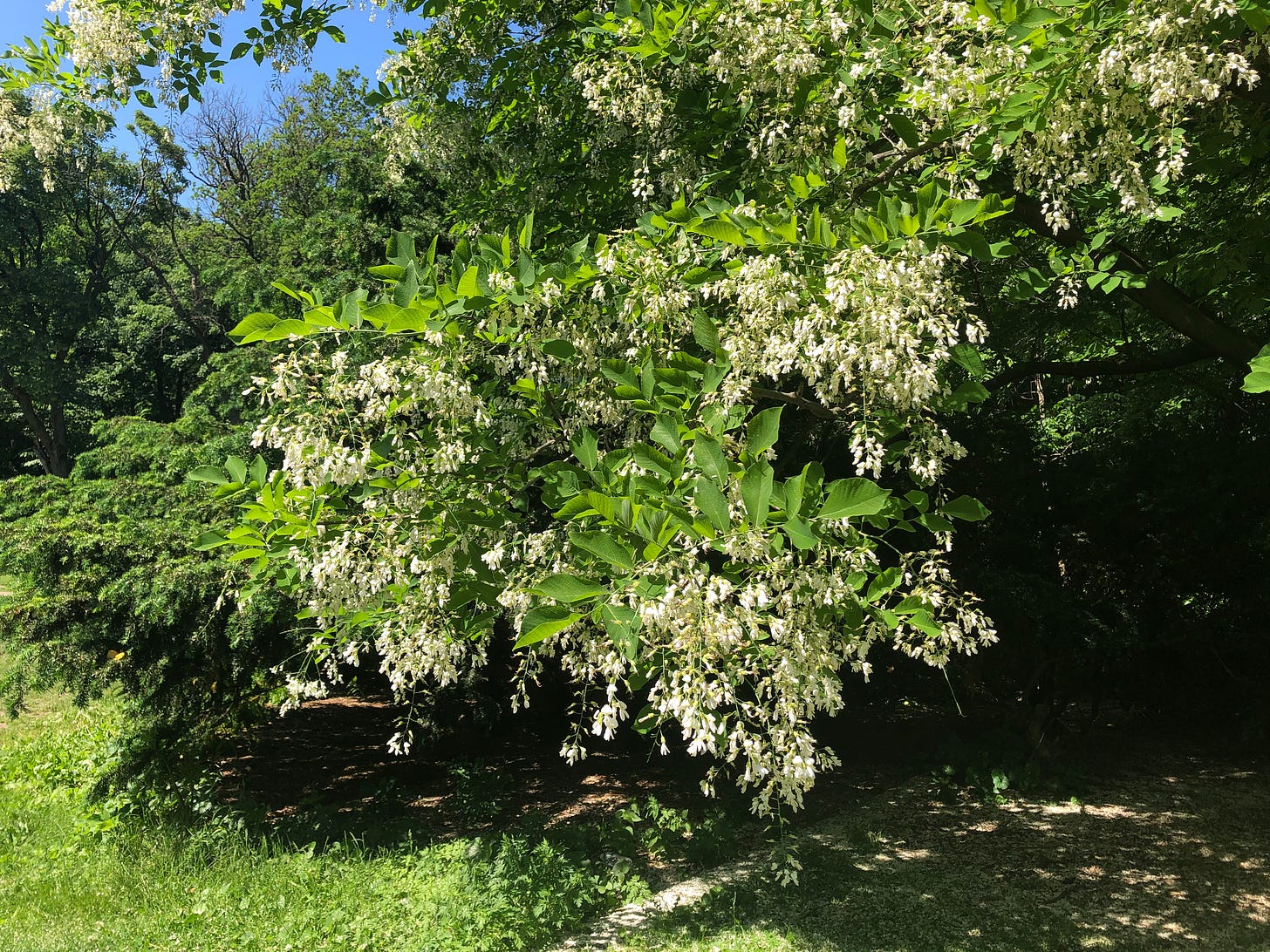
This series makes me so happy!!
I am really enjoying this series of interviews. I love the variety of topics discussed, hearing about books and authors I don't know and the openness of the answers. Thanks for sharing and so happy you could kiss again<3